Home. It’s your safe haven. It’s where you raise your family and create memories that last a lifetime. L and C Insurance providers can help you protect this prized possession with homeowners insurance that fits your priorities and your budget.
When you’re confident you have the coverage you need to help protect your home and personal belongings, you can focus on those little moments that matter. Getting a home insurance quote today is quick and easy.
What is Home Insurance?
Homeowners insurance can help protect you from the unexpected. If your home is damaged, your belongings are stolen or someone gets injured on your property, it can help cover repairs or replacement, temporary housing, legal fees and more.
Why Do I Need a Homeowners Policy?
A homeowners policy is recommended for anyone who owns a home or condo and may even be required by your mortgage lender. You will need separate coverage to help protect your home and personal belongings against damage due to floods or earthquakes.
If the unexpected happens, home insurance can help you restore your life back to normal.
What Does Homeowners Insurance Cover?
A L and C Insurance representative can help you determine the homeowners coverage that best fits your needs and budget, but a typical policy can cover:
- The structure of your home
- Other structures on your property (e.g. garage, shed)
- Your personal belongings
- Additional living expenses if you cannot live in your home due to a covered loss
- Your personal liability or legal fees
- Limited valuable items (extra coverage can usually be added)
Be sure to explore options to customize your limits and coverages to meet your needs. Your homeowners insurance policy includes coverages in the following categories to help ensure your home and assets are appropriately protected.
Dwelling Coverage
Dwelling coverage can help pay to repair or rebuild your house if it’s damaged by a covered cause of loss. Some examples of the types of risks that may be covered include:
- House fires
- Severe weather
- Damage from plumbing or appliance leaks
- Vandalism/theft
Personal Property Coverage
Personal property coverage can pay you for the personal items in your home that may be damaged or destroyed by a covered cause of loss, which could include:
- Your furniture
- Clothes
- Sporting goods
- Electronics
Personal Liability Coverage
Liability coverage can help protect you in the event of a claim and can provide a defense in the event of a lawsuit if you or a family member in your household is responsible for causing bodily injury or property damage to others.
Ways to Save on Homeowners Insurance
You could save on your home insurance with a multi-policy and loss-free discounts. You may also save if your home is equipped with qualified smart home technology, security and fire protective devices. There are several insurance discounts you can consider when you explore homeowners insurance coverage to meet your individual needs. Consider the following opportunities for saving on your home insurance.
Multi-Policy Discount
With L and C Insurance Providers, when you have three policies with us, you can save up to 27% on home insurance. These can include auto, umbrella, boat, personal articles floater or Flood Insurance.
Protective Device Discount
You can save by having devices such as:
- Automatic water shut-off systems
- Smoke detectors and fire alarms
- Interior sprinkler systems
- Home security systems
- Smart or connected home technology that alerts you when a fire, water or burglar event is occurring
Early Quote Discount
You can save up to 10% when you shop early for your policy, depending on how far in advance you shop.
How to Get A Homeowners Insurance Quote
To get an accurate homeowners quote from L and C Insurance Providers, you’ll need a few pieces of information, including:
- Your home’s features. We’ll ask for details such as when were your roof and utilities last updated, and what type of construction your home is.
- The way you use the home. We’ll need to know if it is your primary home, or a secondary or rental home.
- Your current homeowners insurance coverage. We’ll get a better insight into your insurance needs when you share your current provider information and how long you’ve been insured.
These details will help us find the homeowners insurance policy that best fits your needs.
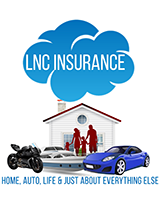
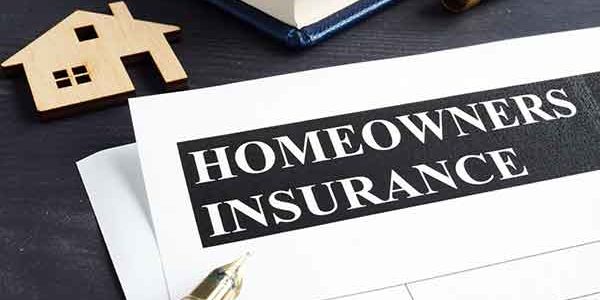
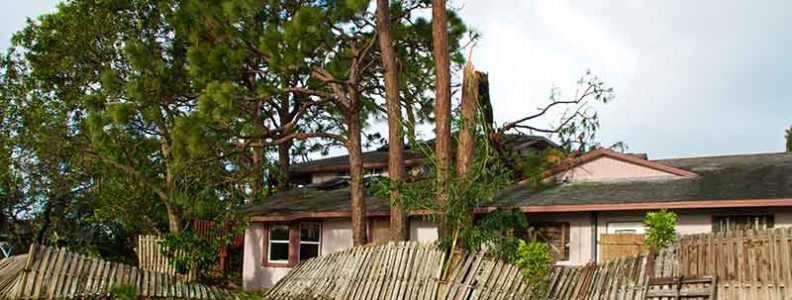
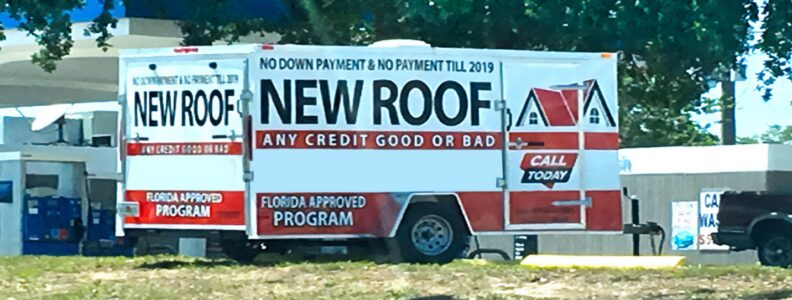
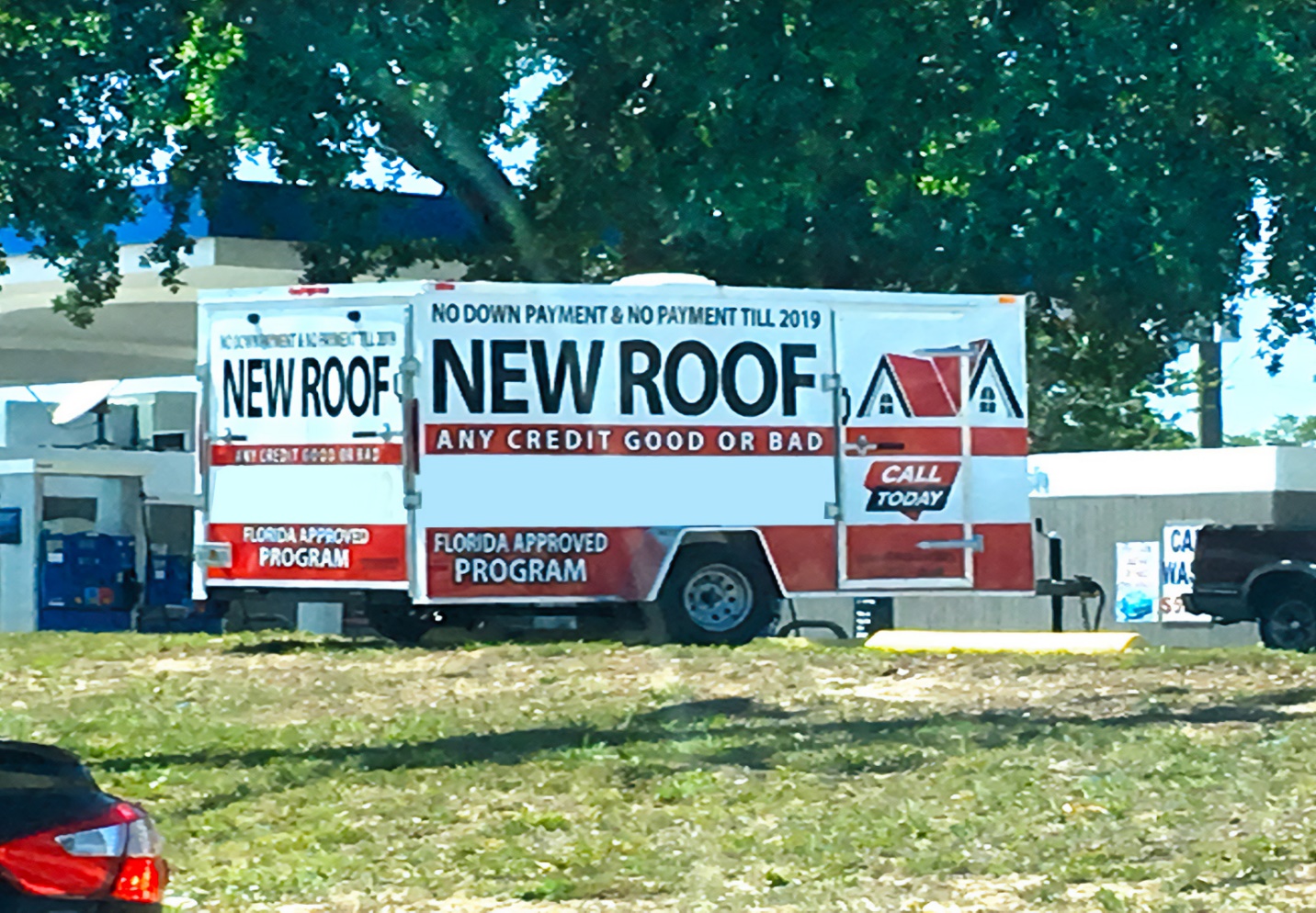
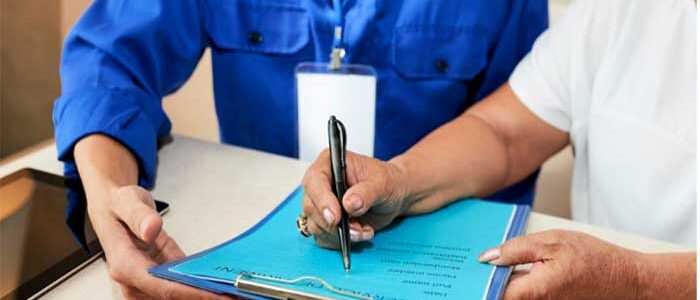
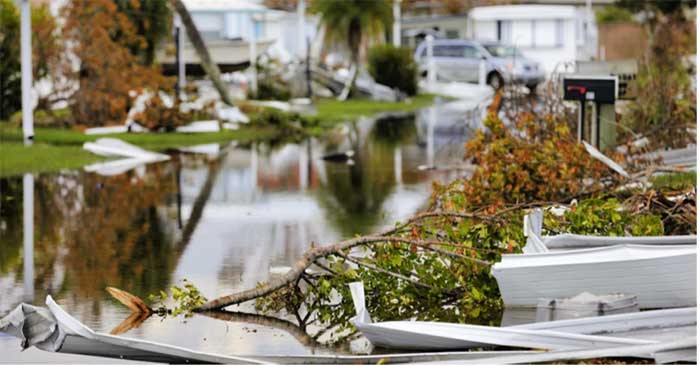
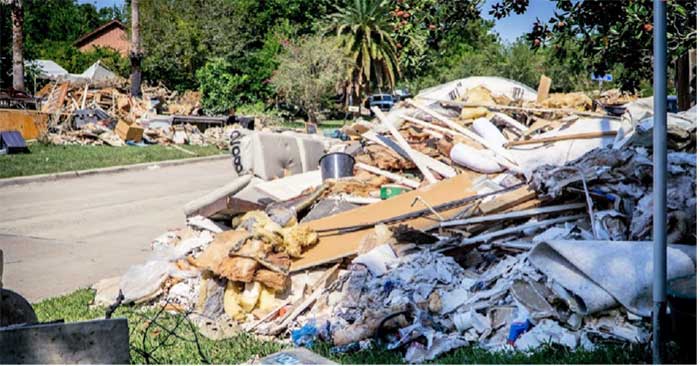
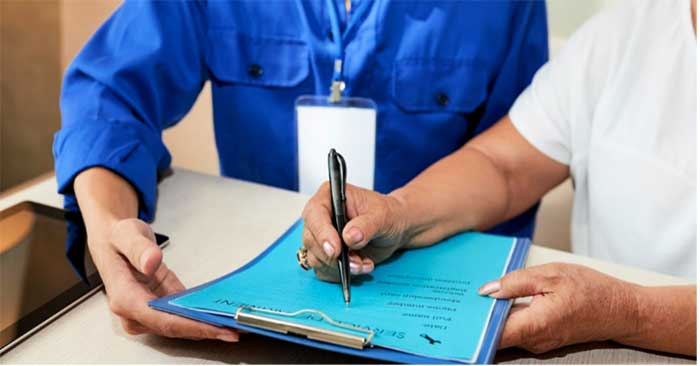
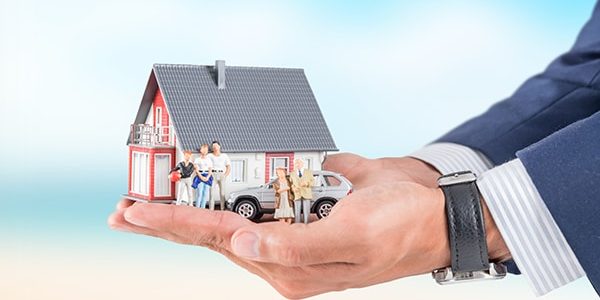











 LNC INSURANCE PROVIDERS is an independent insurance agency offering a full range of insurance products including AUTO, HOME, COMMERCIAL, BOAT, MOTORCYCLE, ETC.
LNC INSURANCE PROVIDERS is an independent insurance agency offering a full range of insurance products including AUTO, HOME, COMMERCIAL, BOAT, MOTORCYCLE, ETC.